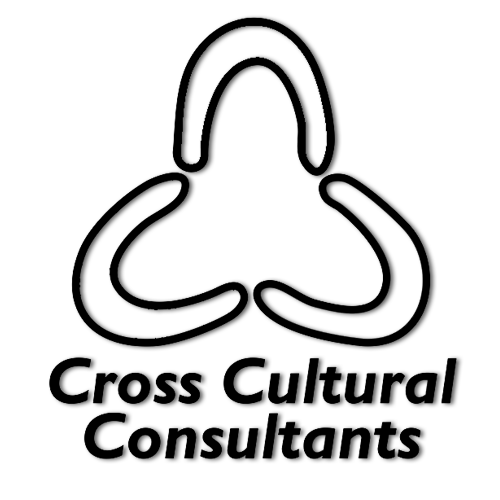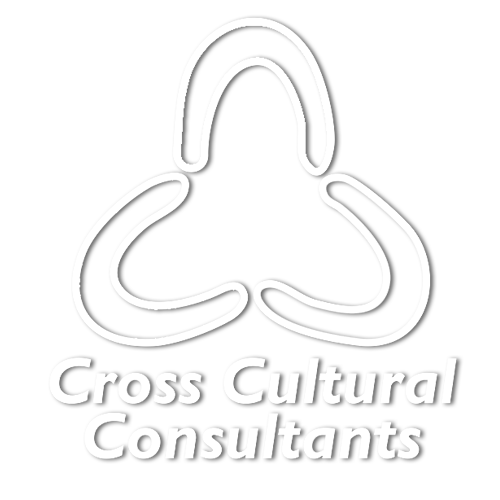Unleashing The Creative Potential Of Aboriginal People
At the time Captain Cook first arrived in Australia he described Aboriginal people thusly:
“From what I have said of the Natives of New Holland they may appear to be the most wretched People upon Earth; but in reality they are far more happier than we Europeans, being wholly unacquainted not only with the Superfluous, but with the necessary Conveniences so much sought after in Europe…”[1]
Cook’s opinion was not unusual at the time, and it was generally believed that Aboriginal people had little to offer intellectually to a Western marketplace despite the millennia of culture and knowledge that preceded settler arrival. This belief has unfortunately tended to hold over the two century history that mainstream Australia shares with Aboriginal people, and it is only in the last few decades we have begun to see change. Mainstream Australia is finally understanding that there is a range of expression that is distinctly Aboriginal, uniquely creative, and valuable in its own right.
From art, to dance and theatre and even comedy, Aboriginal people are now stretching out into their creative potential, and many Australians are embracing the trend. It’s why we’re seeing musicians like Geoffrey Gurrumul Yunupingu reach the world stage, and television programs like Black Comedy and Cleverman being celebrated at home and abroad. However, while white Australia is happy to accept Aboriginal potential in the realm of arts and sports, there needs to be a greater acceptance of Aboriginal intellect as well. Embracing Aboriginal thought leaders is a necessity in shutting down many long-held views that Aboriginal people aren’t ‘quite as good’ as those of European heritage. So, how can white Australia support and encourage Aboriginal Australia to unleash their creative potential, and what kind of possibilities are out there?
Economic Systems In Different Culture
Aboriginal economy functions in a very different way to white Australia’s economy. Relationships go beyond the basics of business, and obligation and trust run deep. It is challenging for someone coming from outside an Aboriginal mindset to properly understand the economic structures of Aboriginal Australia simply because it is a totally different world perspective. Aboriginal people view the world in a different way, and that has caused issues throughout the timeline of interaction.
A major issue when two economic systems come together is that the dominant one tends to assume that the other culture will assimilate to prevailing cultural norms, which clearly hasn’t happened in Australia. Unemployment among Aboriginal people is much higher than non-Aboriginal rates, around 3 times in fact [2]. When surveyed, some 63% of Aboriginal Australians say that it is inadequate training limiting them from getting a job, while some 47% say they just don’t have an understanding of the rules inherent in a workplace [3]. It is those rules that we need to target to achieve long-term and sustainable Aboriginal employment.
There are many assumptions that cause issues when Aboriginal people attempt to join a western workforce. The first is that they’ll just ‘figure it out’ without any kind of induction or support. This mistaken assumption could be because many Australian employers simply cannot see how Aboriginal culture is that different from white culture. Instead they often view Aboriginal people as ‘lazy’ and happy to take money for nothing[1]. The second, and one that probably isn’t talked about enough, is the fact that even when Aboriginal people work they often encounter failed systems. There is a definite, and unfortunate, trend of workplaces flooding their employee pool with unsustainable short-term Aboriginal jobs simply to fill Indigenous employment targets [2]. There’s also the issue of Aboriginal-specific positions, which can be a fantastic way to enter into the job market, but must also include more defined pathways so that Aboriginal workers aren’t finding themselves stuck in roles that cannot advance [3].
Recognising The Past For The Future
It is our contention that recognising the contributions of the past is the best way to pave the way for Aboriginal creative potential in the future. While early settlers to Australia may have believed that Aboriginal people had nothing to offer, the reality is that the country would not have advanced so quickly if not for the help of local Aboriginal experts. They assisted European explorers in the crossing of mountains, the navigation of rivers, the transport of goods, services and people, the navigation of a harsh land, and the survival of it. However, as Dr Cahir notes: “they contributed in many ways and that contribution hasn’t really been recognised” [4].
With more recognition about their impact on the past, we feel that Australia as a whole would be more receptive to the potential involvement of Aboriginal people in the future. Take, for example, our relationship with our Asian neighbours. Well before European settlers even thought of exploring the area, the Yolngu people had a thriving trade with the Makassan people that could have lasted some 400 years [5]. This venture was no doubt assisted by the cultural similarities in the two people, something that we have failed to consider up to this point in our relationships with Asia.
Aboriginal Australia and the Asia Pacific region have more in common than we may ever have with either. Perhaps partnerships with Aboriginal people are what we need to succeed in the Asian environment. History has shown us that strong partnerships, built on cultural similarities, personal relationships and trust can create prosperous communities at both ends. We say that success is worth embracing!
[1] Board of Studies, Teaching & Educational Standards, NSW. Plunder and Protection: attitudes to Aboriginal Art. ab-ed.bostes.nsw.edu.au
[2] Korff, J. 2017. Aboriginal Employment, Jobs & Careers. creativespirits.info
[3] ‘Insights provided in report’, Koori Mail 459 p.39
[4] Cahir, D.F.’Documentary film explores significance of Aboriginal entrepreneurship in Victoria during colonial times’, ABC News 19/11/2015
[5] Makassan Contact With Australia. wikipedia.org

